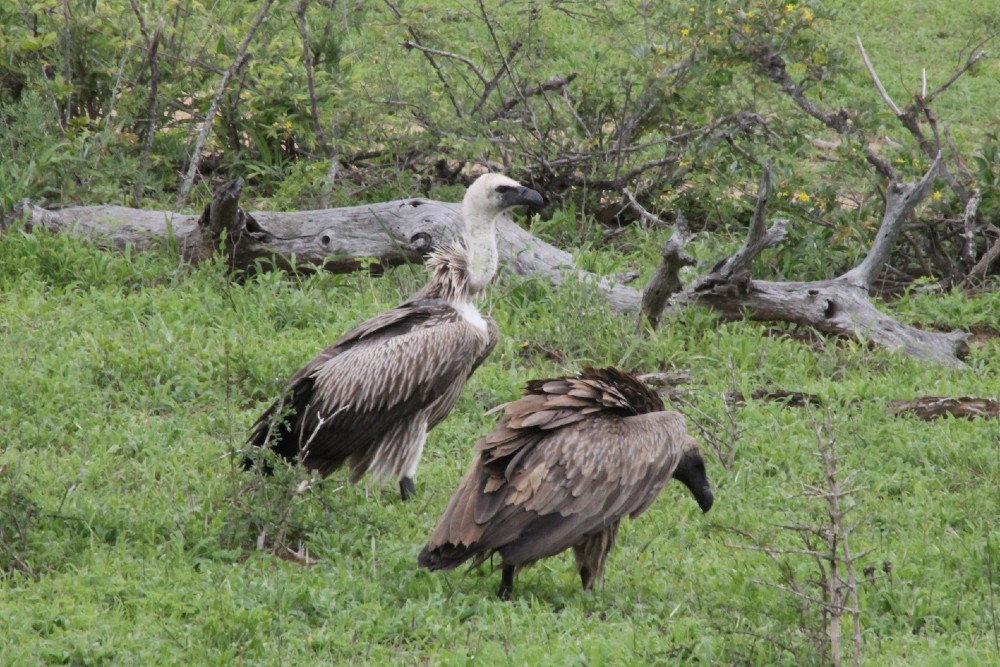Scientists from the University of the Free State in South Africa have come up with a unique method to save Cape & bearded vultures – 200 sky platform restaurants serving up animal carcasses.
The “vulture restaurants” are areas where park rangers drop non-poisoned cattle carcasses, mostly donated by nearby farmers.
Poisoned carcasses, used as bait for other animals such as jackals and caracals, are one of the biggest threats to vultures.
The Cape and Bearded Vultures are close to extinction in Southern Africa and classified as near threatened on the International Union for Conservation Nature (IUCN) list, with a strong global decline in their numbers.
Simply leaving the carcasses on the ground means other scavengers can get to them, which is where the sky-box restaurants come in.
A viewing hide constructed by honorary rangers in the Golden Gate Highlands National Park, about 30 km from Clarens in the Eastern Free State, offers tourists the opportunity to view and photograph the birds as they feed at one of South Africa’s 200 ‘vulture restaurants’.
Dr Le Roux, Associate Professor in the Department of Zoology and Entomology at the University of the Free State (UFS) and affiliated to the Afromontane Research Unit (ARU), is working with one of her students, Agnes Mkotywa, on a study regarding the effectiveness of this feeding site.

Prof Le Roux said the current structures are open, and black-backed jackals come to feed any time of the day and night.
She said: “There is more feeding of the jackals than the intended vultures, and the current structure does not protect the vultures against the jackals,”
Jackal activity at the vulture restaurant is significantly higher than elsewhere in the park, as supported by camera traps set up in the park by Dr Mpho Ramoejane, currently an ARU postdoctoral researcher.
Prof Le Roux added: “This is one of our primary research findings. A possible solution is to put up fences. It will, however, keep everything else out and will be an eyesore from a tourist perspective.
“A raised platform that could exclude the jackals and still provide the vultures with a large landing place, might work.”
Another finding was that carcasses are not dropped regularly enough. Vultures cannot predict when there will be food.
These findings will be published in peer-reviewed outlets, but it will also be communicated to the management of the South African National Parks (SANParks) to address the problem.
Prof Le Roux said: “SANParks is involved in the project and wants the information. They said they needed the information and will build on it.”
Professor Francis Petersen, Rector and Vice-Chancellor of the UFS said: “This initiative like so many here at the University of the Free State is proof if it is needed that universities are not ivory towers but are sources of information and intelligence applied pro-actively to help and enrich our environment and culture. In this study it is the vulture and ultimately the earth that will benefit.”
